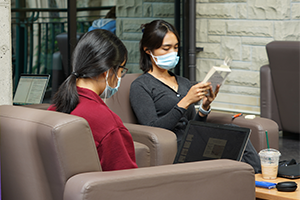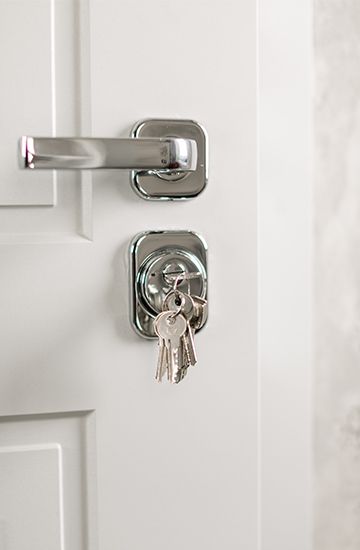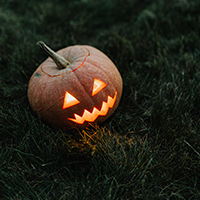Safety in the Community
Precautions to stay safe at Western and in London are likely similar to experiences you’ve had at home or in other cities. Below are some gentle reminders to protect yourself and your property.
Security while Studying
- Do not leave personal property unattended.
- Purses, backpacks, laptops, cell phones, etc. can be easily and quickly stolen from your study space at the library or in any other public space.
- Consider a laptop lock for if you are studying alone in a public space.
Security while Shopping
- If buying or selling anything online, make sure to meet in a public space with lots of people around to avoid unsafe incidents.
- Avoid showing that you are carrying a lot of cash. If you like to carry cash ensure it is not visible when you take out your wallet or change purse to pay for something.
- When using your debit or credit card avoid letting people see you enter your PIN and never share your PIN with anyone.
- Ensure your debit or credit card is returned to you after every transaction is completed.
- When at an ATM machine be aware of who is around and do not enter your PIN if you do not feel safe.
- If your money or card does not come out of the machine, phone the bank right away. Some thieves will tamper with a machine so that when you walk away they can grab your card or the cash you just tried to withdraw.
Security at Campus Recreation
Remember to lock your belongings in a locker with a good quality lock. You can bring your own lock and use a day-use locker or you can rent a long-term locker from Campus Recreation.
 Safety in Residence
Safety in Residence
- Always keep your door locked whenever you leave your room.
- Put your valuables out of view.
- Store your passport and other important documents in a safe place and out of view.
Security at Home
- Always lock your doors and windows whether you are in your home or not.
- Avoid telling people on social media or leaving notes on your door stating that you are not home.
- Meeting your neighbours is important so that you know you can ask them for help if you need to use their phone in an emergency or ask them to call 911.
- Keep your passport in a safe place or at the bank in a safety deposit box.
- Carry a photocopy of your passport, this will be helpful in case it is ever lost or stolen.
- If someone you do not know knocks on your door, you do not have to open the door.
- You are not obligated to open the door or agree to their requests.
- Do not let strangers into your home.
- It is common for people to knock on your door to ask for money for certain charities or to ask you to complete a survey.
- If you are suspicious of a visitor or charity/survey request, ask for identification, or tell them you are not interested and close the door.
 Did you know?
Did you know?
On October 31 each year many Canadians celebrate Halloween. On that night children knock on doors dressed in costumes and say “trick or treat”. Most people will then give them candy and if you would like to hand out candies you can purchase boxes of individually-wrapped candies or chocolate bars at most grocery stores.
If you live in a house, turn on your exterior light if you want to distribute candy. If you do not wish people to knock on your door that night, ensure you turn off your exterior light.


